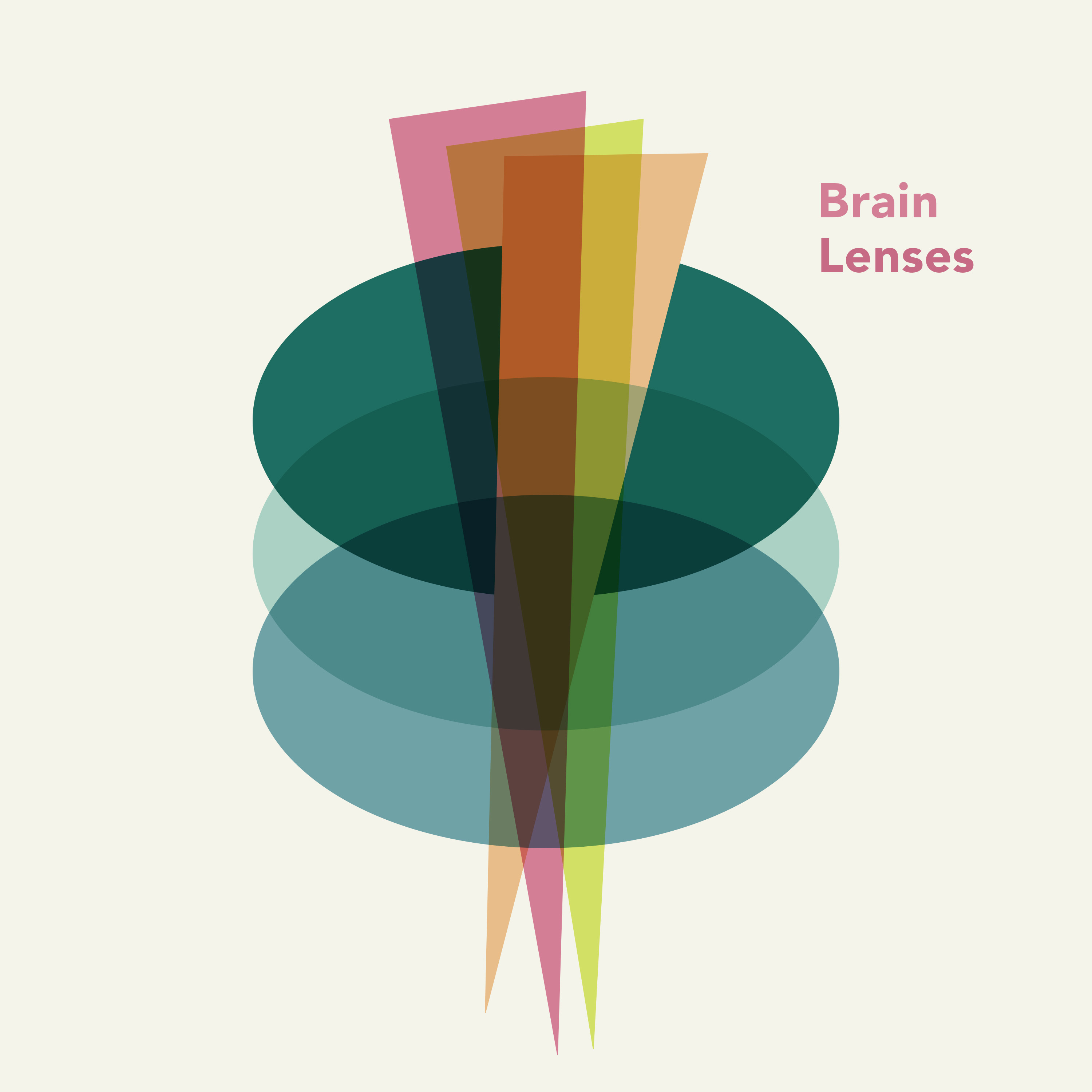Brain Lenses
Liar's Dividend
You're listening to Brainlenses, a show about how we perceive the world, ourselves, and each other. I'm Colin Wright. Originally coined in a 2019 paper about deep fakes and the challenge they pose to democracies, the term "liers dividend" refers to the benefits people who are willing to lie, enjoy within contexts in which there is reason to doubt the truthfulness or legitimacy of all communications. So in a world in which it's cheap and easy to make fake videos of people that look and sound real and where the highest quality versions of such media are nearly indistinguishable from real audio and video, people who are willing to tell lies tend to benefit because if they are called out on something they said or did, they can simply call the evidence of their having said or did that thing into question. And the possibility that said evidence is a deep fake will grant that lie validity in the minds of some. The number of people who are convinced by these lies might not be high, but the idea is that environments in which historical documents which purport to show untarnished reality can be casually and realistically fabricated and in which the mediums via which such things are transmitted do little or nothing to halt the spread of faked images and videos and audio. A small advantage is granted to people who are willing to distort their own record or the historical record as a whole for personal gain. Politicians are perhaps the best known beneficiaries of this purported dividend, but it applies to any public figure, including CEOs and celebrities who are keen to cast doubt upon something they did or some aspect of history that they're keen to blur for personal reasons. Maybe to weaken the perceived legitimacy of the press or legal system may be to support a conspiracy theory or other unbacked assertion to which they cleave, none of which is new. And to some degree, this has always been an issue providing benefits to the biggest liars until and unless they've been concretely shown to be serial fabricators in a context in which they are punished for their now confirmed lies. This is arguably a more substantial issue now, though, because of deep fakes and similar technological outputs that make it difficult for non-experts to assess supposed evidence and differentiate between frauds and real deal documentation. The most common communications platforms and technologies also fail to consistently or at all filter faked evidence from actual evidence, which further empowers those willing to lie for personal gain because the potential audience for doubt sowing content is increasingly large. And because the lies themselves are seldom sequestered and challenged in a timely, widespread, and broadly understandable manner. You can find out more about brain lenses, including how to support this show and in return receive an additional episode of the show each week at brainlenses.com. You can also support this and all of my projects at understandery.com. I'm Colin Wright and I'll talk to you again next week. [BLANK_AUDIO]
